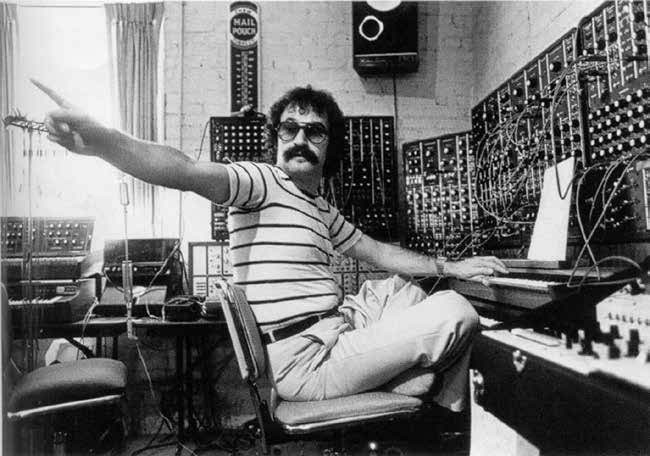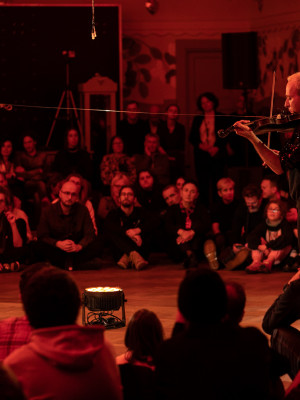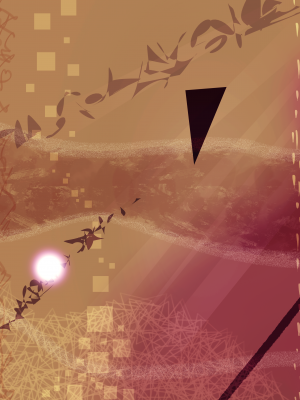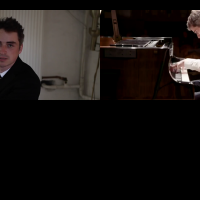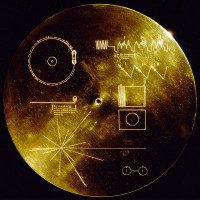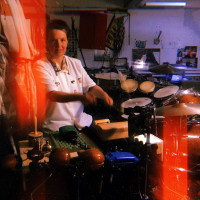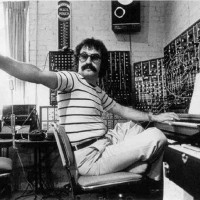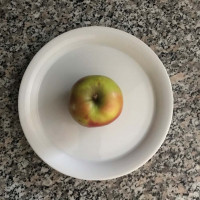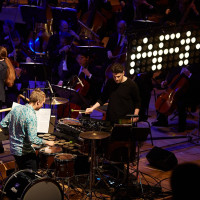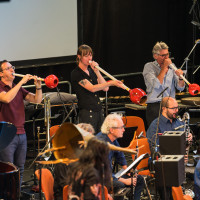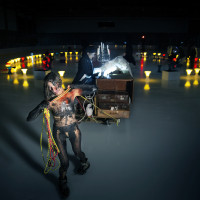If the cultural landscape of the last hundred years had to be explained in headlines, one of them would read: »How we learned to love repetition«. Because yes, we have had a complicated relationship with what is otherwise such a large part of human everyday life.
The Frankfurt School warned against repetitive music, discouraged by machine-like crowds marching in time. Pop, jazz, anything that wasn't Webern: Yikes. Others called for a fight against art that seemed so reproducible that it was barely distinguishable from the abundance of goods pouring out of factories. American minimalism with endless patterns that only just evolved? Thanks but no thanks.
Freud talked about regression and the death drive. Soldiers who returned home from war and kept reliving the same traumas. Adorno feared a society so hypnotized by the possibilities of technology that it became blind to the horrors that the machines brought in practice: the holocaust, the atomic bomb, total barbarism amid the triumph of enlightenment.
But then, quite slowly, the repetition nevertheless won its admirers in the cultural elite. The hippies loved Terry Riley, the discotheques discovered that machine beats could lead to personal liberation, and when techno swept over the youth of the 80s and 90s, we stared the machine in the face and saw that it wasn't so different from ourselves.
It was the short trip of a century. Fortunately, the German musicologist Tilman Baumgärtel has written a longer version focusing on one of the most central phenomena that has shaped our musical culture since the Second World War: the loop.
